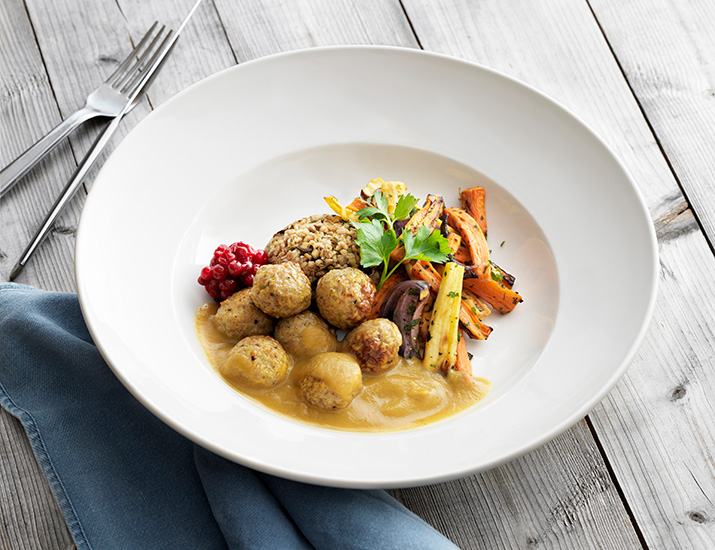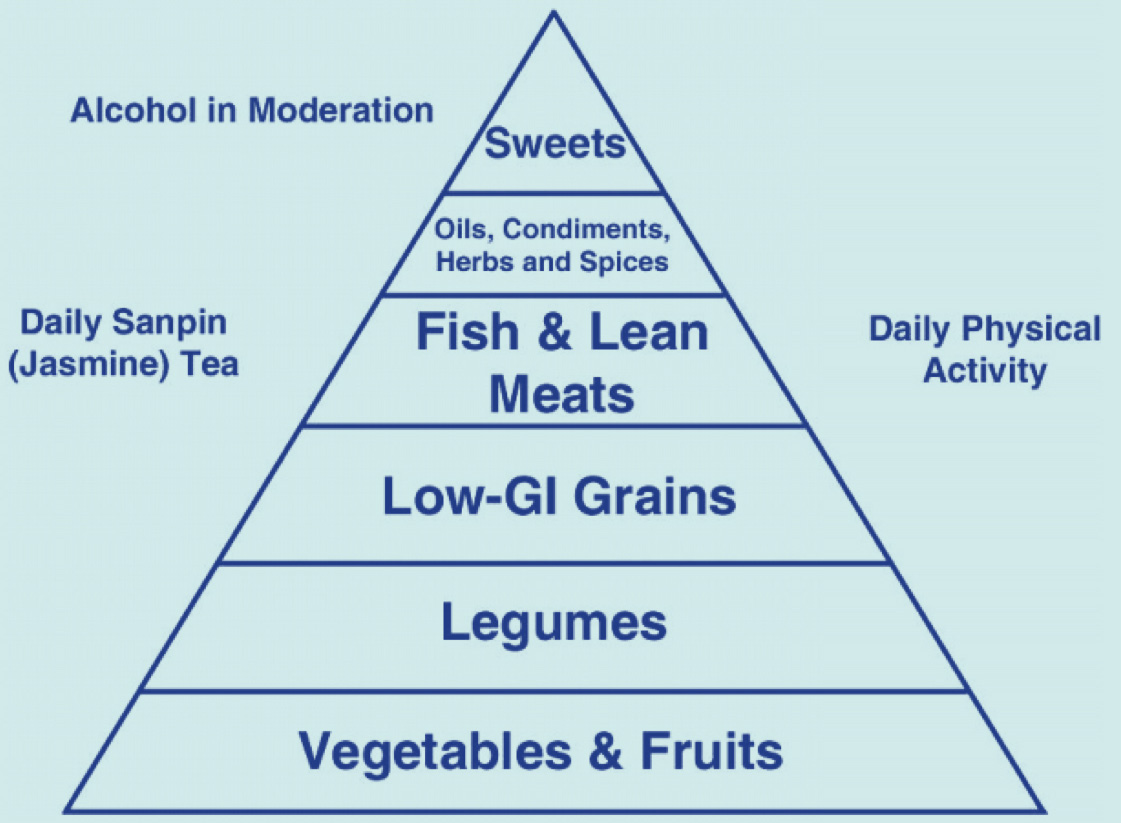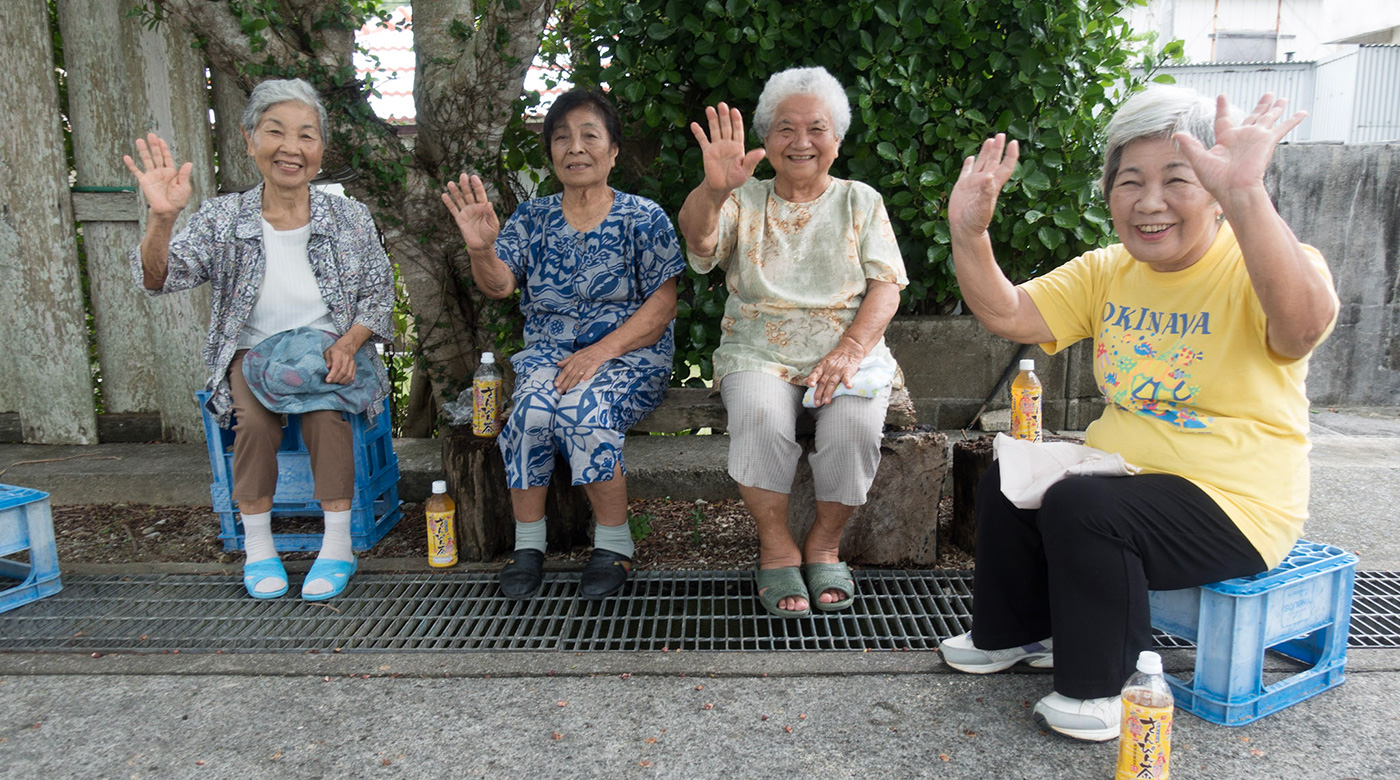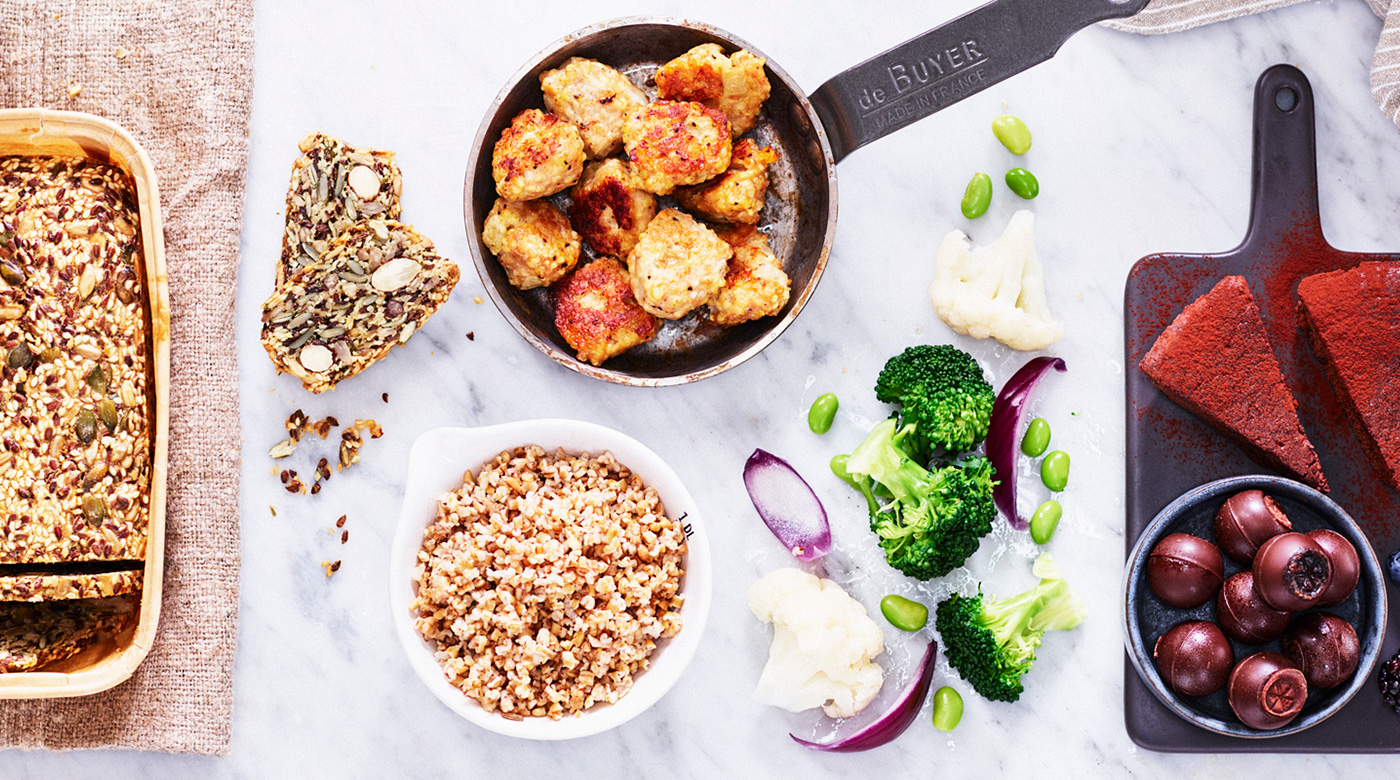OKINAWAN-BASED NORDIC DIET®
From the island of Okinawa and our lab in Lund


The Okinawan-based Nordic Diet® is our attempt to make the health benefits from the traditional Okinawan diet available in Scandinavia and beyond.
The island of Okinawa at the southern end of Japan is home to some of the world’s healthiest and longest-lived people. Since 1975, scientists led by Professor Makoto Suzuki have studied the lifestyle of the elderly in the Okinawa Centenarian Study (OCS) – the longest, continuously running study of centenarians in the world.
These studies have reviewed the diets, exercise habits, genetics, psychological and spiritual practices, and social and behavioral patterns among exceptionally old people and count more than 3 000 participants.
Four key-factors have been identified as significant for their longevity, good health and vitality: the traditional diet, daily physical activity, life-long social support (moai) and meaningfulness in life (ikigai).
Much of the longevity advantage in Okinawa is thought to be related to the traditional Okinawan diet, which is low in calories yet nutritionally dense, especially with regard to antioxidants and flavonoids. The diet is rich in vegetable and fruit but low in meat, refined grains, saturated fat, sugar, salt and full-fat dairy products.

Mainly plant-based with some fish, poultry and pork
Social networks that offer life-long support
Natural exercise such as walking, gardening and fishing
A strong sense of purpose and meaningfulness in life

We started to study the traditional dietary habits of Okinawa in 2006. The first objective was to validate the results of the traditional Okinawan diet on a Scandinavian population.
We prepared dishes exactly as described in the literature and served them to a small group of healthy volunteers. During two weeks, study participants were served traditional Okinawan dishes based on brown rice, tofu, seaweed, assorted Japanese fish, bitter melon, sweet potato and more. Blood samples were collected before and after each meal.
Although the results were generally positive in anthropometry and metabolic control, none of the participant volunteered to continue the program. They felt it was simply too difficult to adapt to the unfamiliar ingredients, flavors and dishes from Japan. That is why we decided to modify the dietary program so that it would better suit the traditional Nordic kitchen. We have spent the last 15 years developing and testing our Okinawan-based Nordic diet®.

The Okinawan-based Nordic diet® is high in nutrition and fiber, low in calories and provides good satiety for a prolonged time. The diet has been tested in several clinical studies on Scandinavian diabetes type-2 patients. Results were so positive that some patients could reduce or altogether stop their diabetes medication.
The Okinawan-based Nordic diet® promotes the use of a wide variety of ingredients. Its main characteristic is high nutritional value and fiber content which provides long-lasting satiety with a minimum amount of calories. It is based on whole intact grains – including oat, barley, rye, wheat and millet – plenty of vegetables in all colours, root fruits, beans and legumes, some fish and poultry, vegetable oils, fruits, berries, nuts and seeds. It is limited in sugar, salt, red meat, processed meats and fatty dairy products. The diet complies with the Nordic Nutritional Recommendations as well as many international official dietary recommendations.
The seven principles of the OBND®
| 1 | Start each meal with a colorful salad with fresh vegetables and fruits cut into big pieces |
| 2 | Eat whole intact grains at most meals such as whole oats, wheat, barley and rye |
| 3 | Use vegetables freely in your cooking and experiment with ones you have never tried |
| 4 | Choose protein from various sources including fish, poultry, game meat, lentils and beans, eggs, nuts and seeds |
| 5 | Include moderate amounts of healthy fat from rapeseed oil, nuts and seeds every day |
| 6 | Allow occasional treats based on fruits, nuts and dark chocolate (>70%) |
| 7 | Drink water, tea or coffee with little or no sugar |